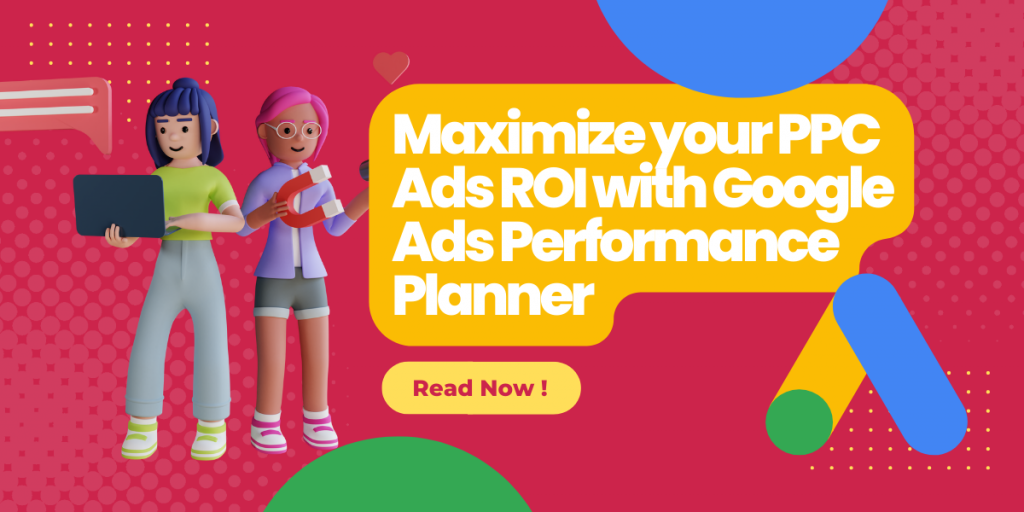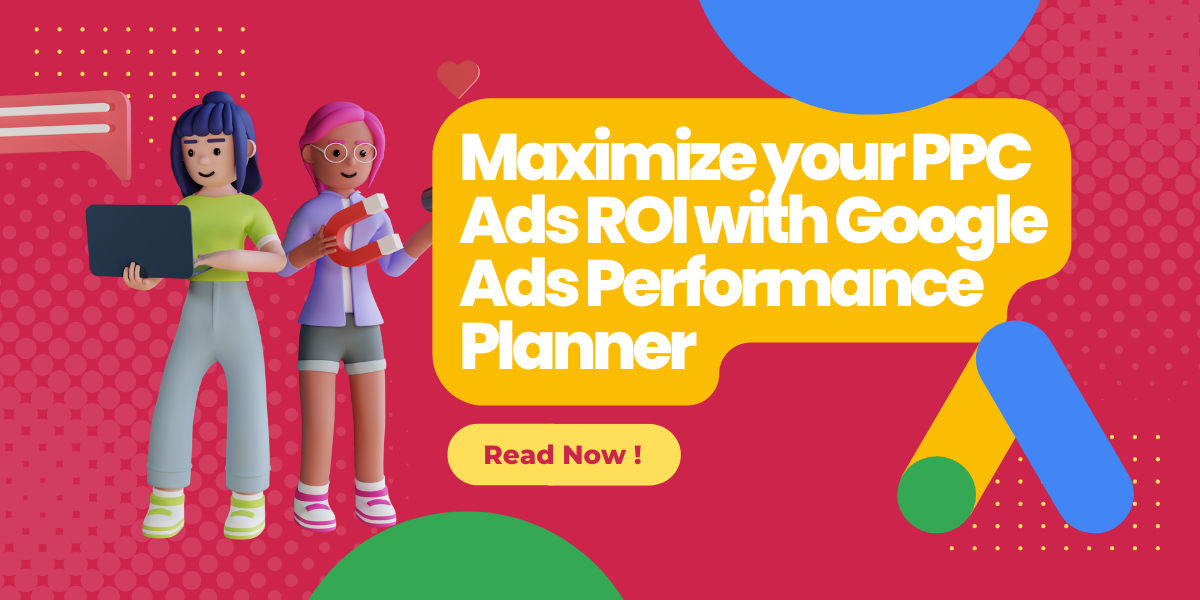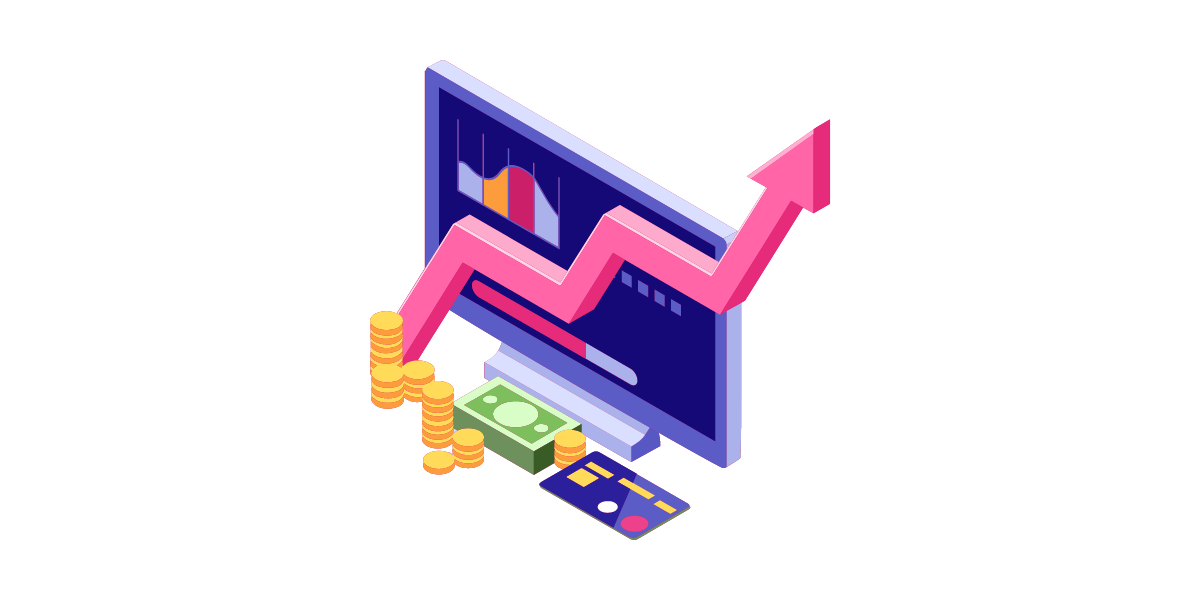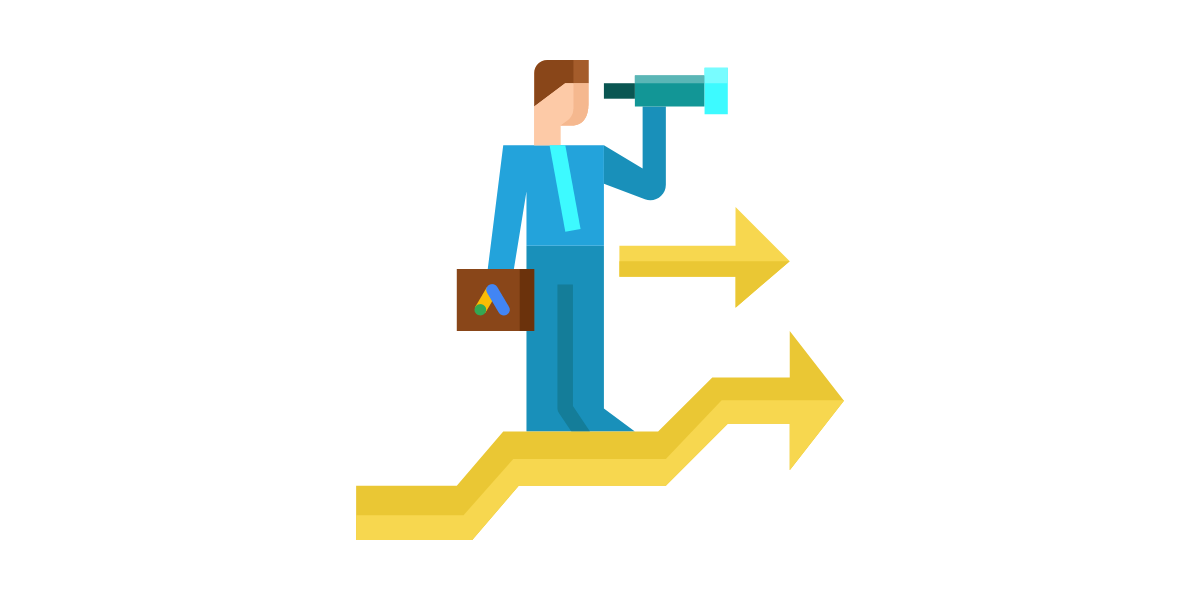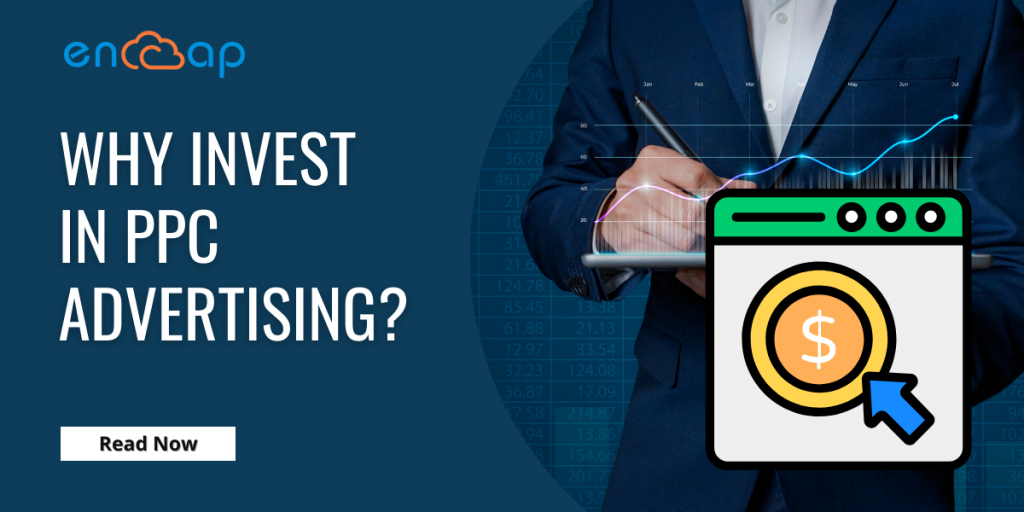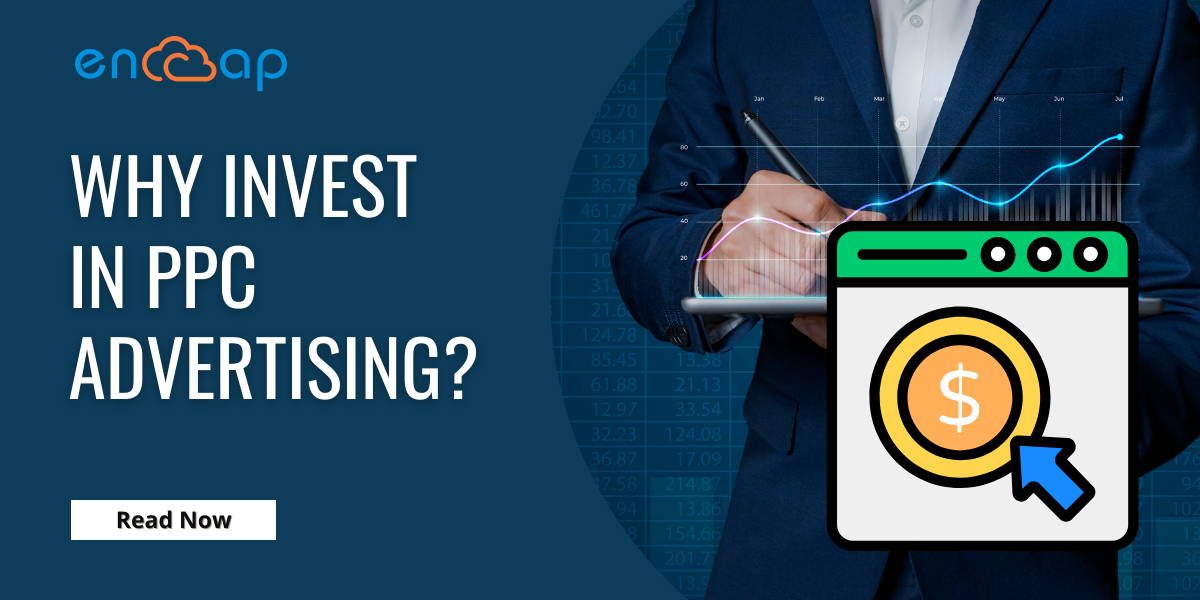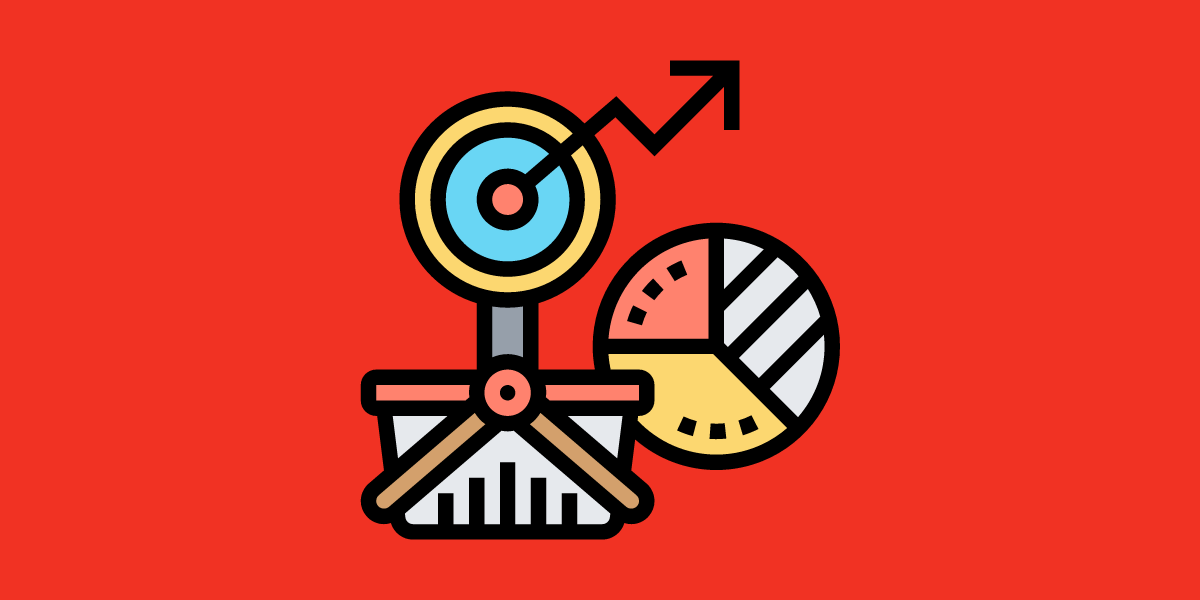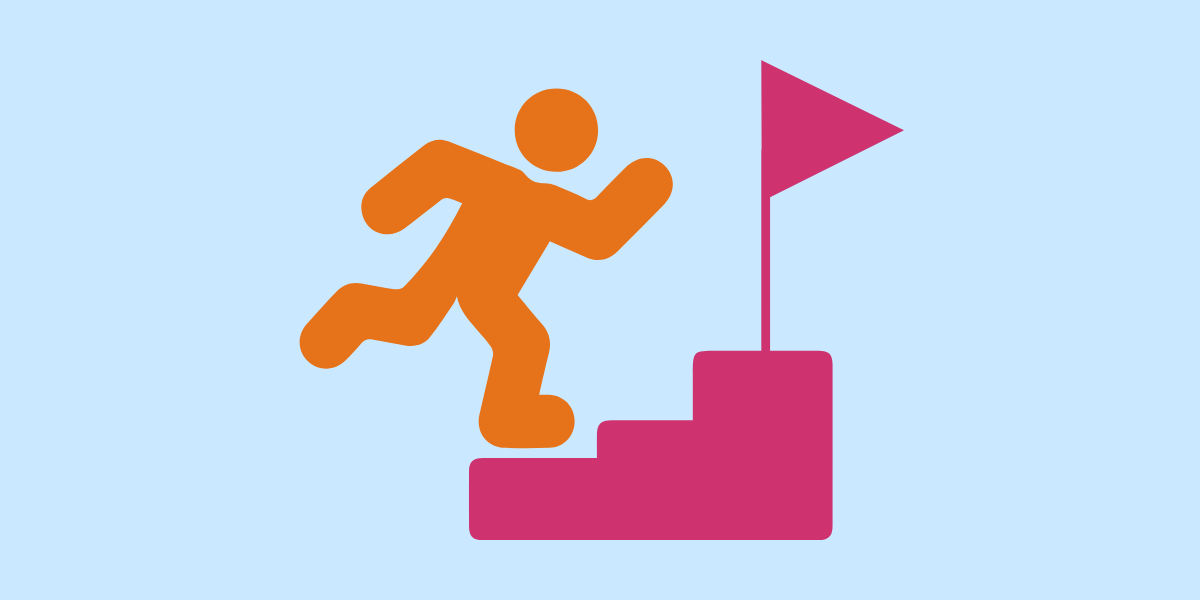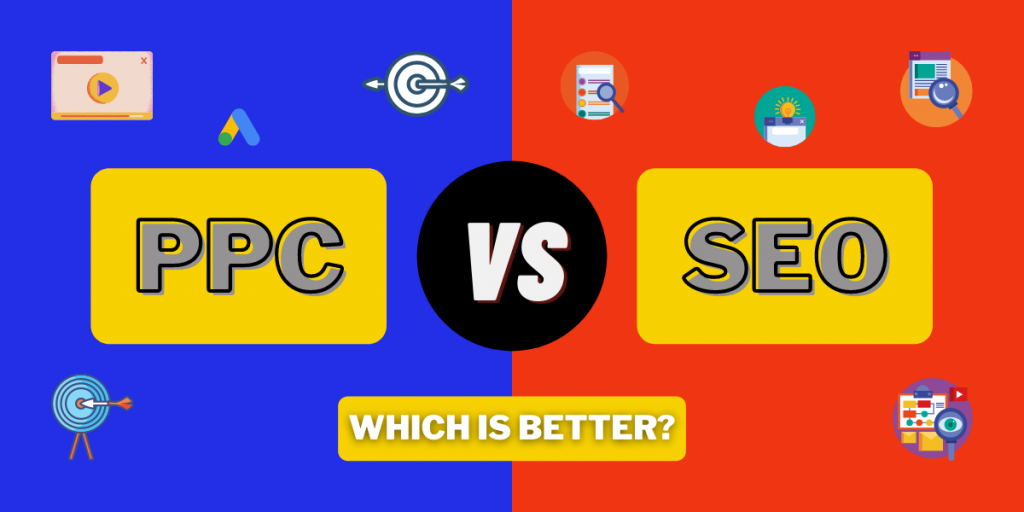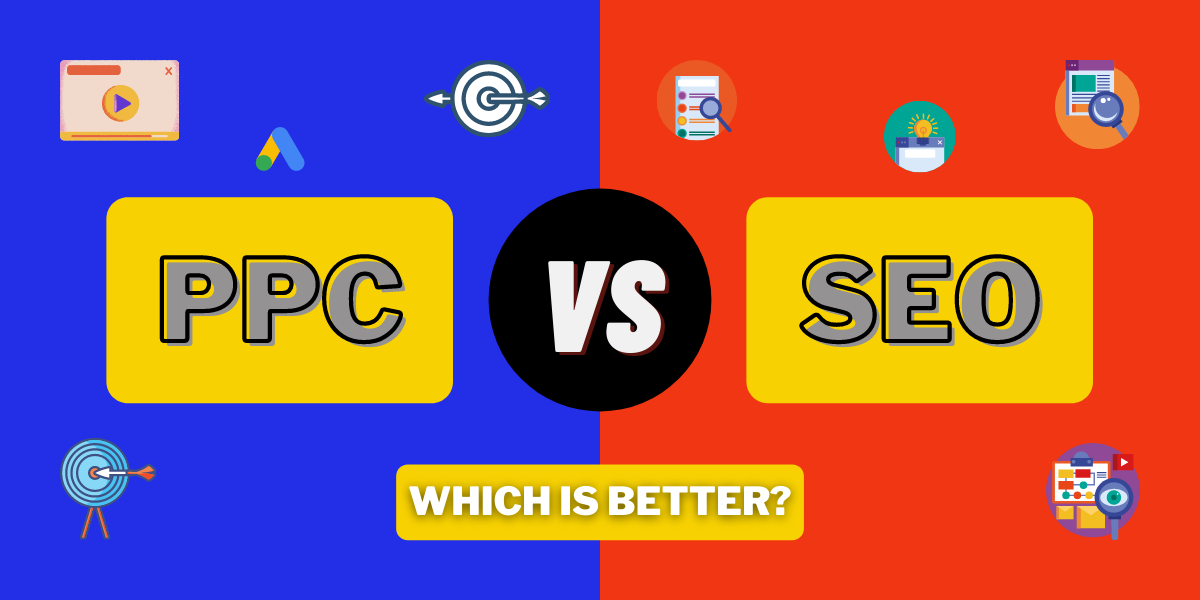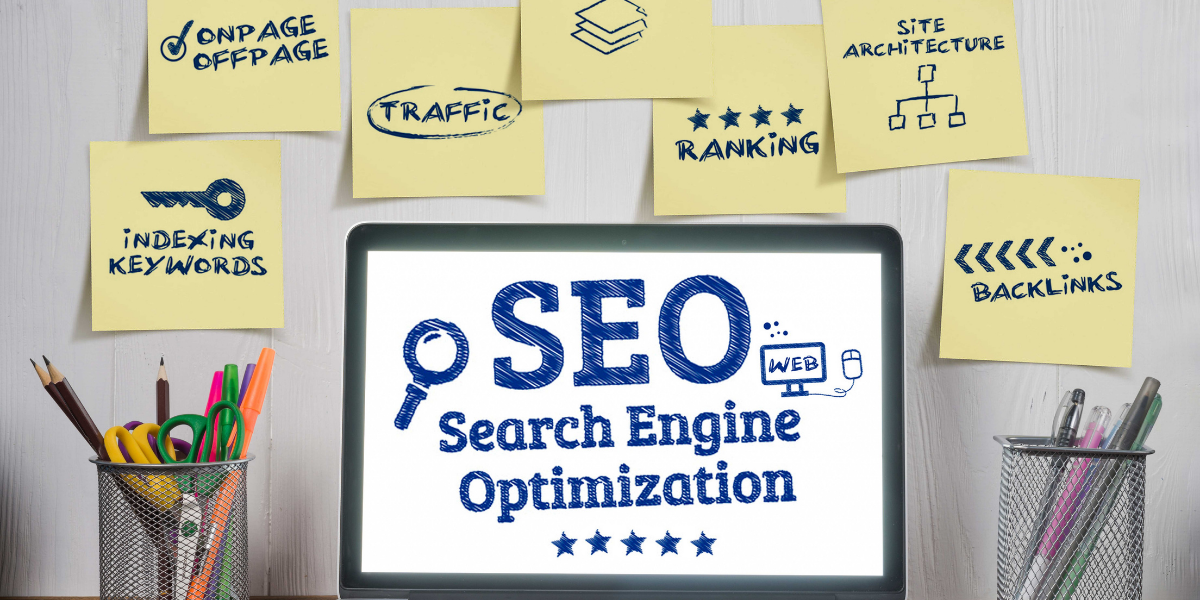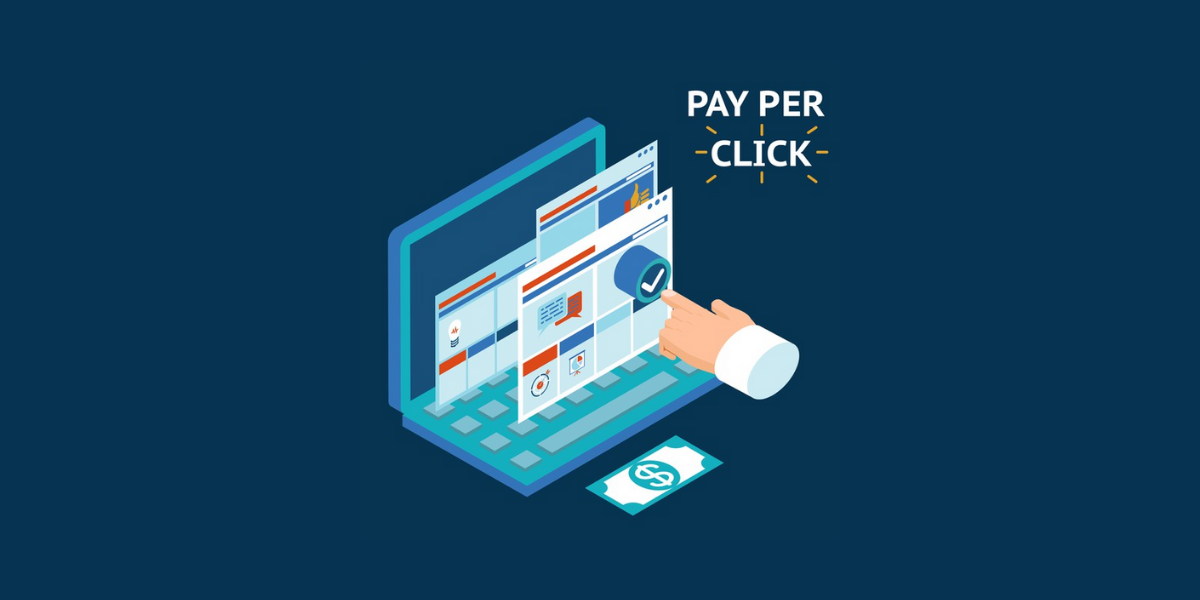Landing Page Vs Home Page: How is a Landing Page Different from a Homepage?
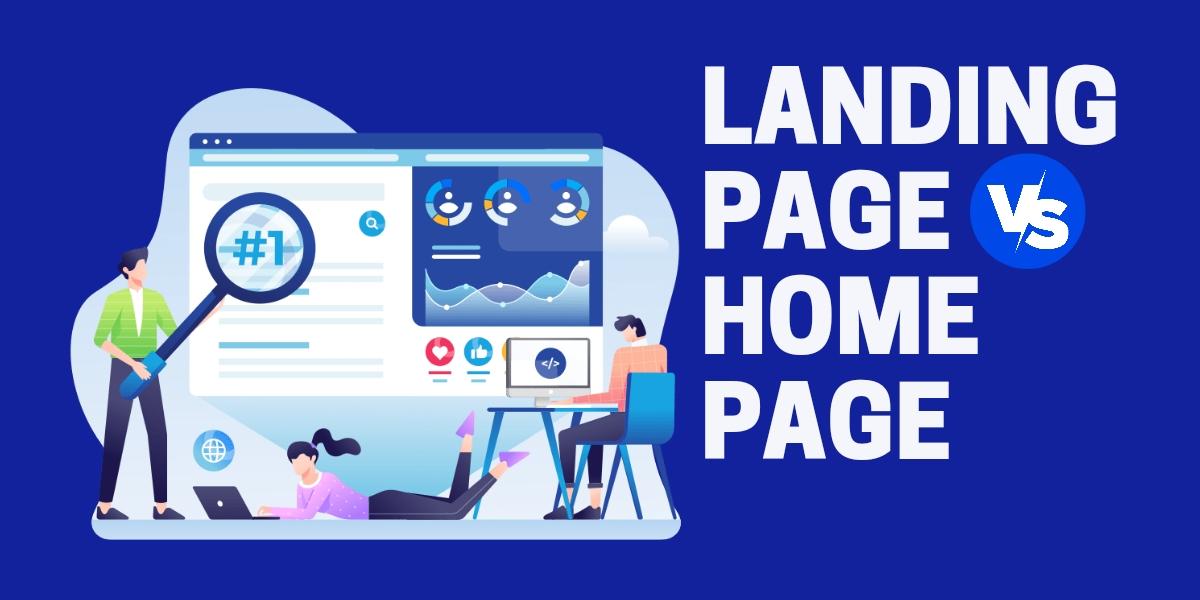
Anyone new to online marketing campaigns can usually be confused between a landing page and a home page. The business owners who are trying to do digital marketing are particularly prone to making this mistake. A visitor might likely land on your homepage, but that does that they make it to your landing page.
The fact is that the difference between a home page and a landing page is a lot more complex. The landing page and a homepage argument get settled with a simple business idea which is universal and that is intention. These two web pages are different from each other in the sense that they serve a different purposes. They should be used for achieving different goals.
In this blog, Landing Page Vs Home Page we will be breaking down the significant differences between a landing page and a homepage. It is important to keep in mind that practicality is important so that the marketing concepts can be easily applied when it comes to working. For the people who understand landing pages, there are many new concepts on the basics and new concepts to learn.
It is important to understand the definition of a landing page and a home page. In this blog, we will understand how a landing page is different from a homepage.
- Landing Page: A landing page is an independent page designed for a specific marketing campaign. The landing pages also have a call-to-action and these pages do not have anything to distract the interest of customers from converting.
- Home Page: A home page is a single page of a large website. It is full of useful information and it also focuses on introducing a company. The homepage is an invitation to the visitor for exploring a brand.
Communication is the driving force of marketing in all its various forms. In case a marketing campaign is not able to communicate with the audience then it is likely that it is going to fail. While a person may use the same information at times, the way this is communicated on the landing page and home pages are different.
Overview of Difference Between Landing Page and Home Page
Everything comes down to what the web pages have been made for. The major difference between a landing page and a home page is focus and the proven advancement that comes in conversions, sales, signups, leads, and all the action that a visitor takes.
Focus is the reason why landing pages are effective for marketing. As opposed to the websites and home pages that are designed for exploration, landing pages are streamlined to a campaign or offer that guides the visitors towards a call to action. Landing pages are made for conversions.
The focus of a landing page applies to many elements of a website visitor including one goal or call to action, minimal distractions, messaging and design matched to an ad, and audience targeting.
What is a Home Page?

A home page is a web page that is used for providing general information while encouraging visitors to explore. Being a welcome page to a website, a home page serves the purpose of acting as an introduction to a business brand, its products and services, values, who and what it is for, who should be contacted, etc.
If we compare the home page and landing page web pages then a homepage is used for setting a first impression that includes all that a company can offer and visitors can learn from different sections of a site. A home page should also speak to a wide audience including those who might even have never heard of the company forget what it does and why it is important.
The homepage makes for generic messaging and focuses on many page goals along with links, buttons, and navigation for the visitors for taking important actions. There must be no distraction on the home page. When it is about marketing, the distraction affects the campaign’s focus because of diluted messaging, competing links and options that stray away from a conversion goal.
Hence, home pages cannot do everything. They should be focused on informing and sometimes directing the traffic while the landing pages focus strictly on converting traffic into conversions. Qualities of a good home page are:
Clear Brand Overview
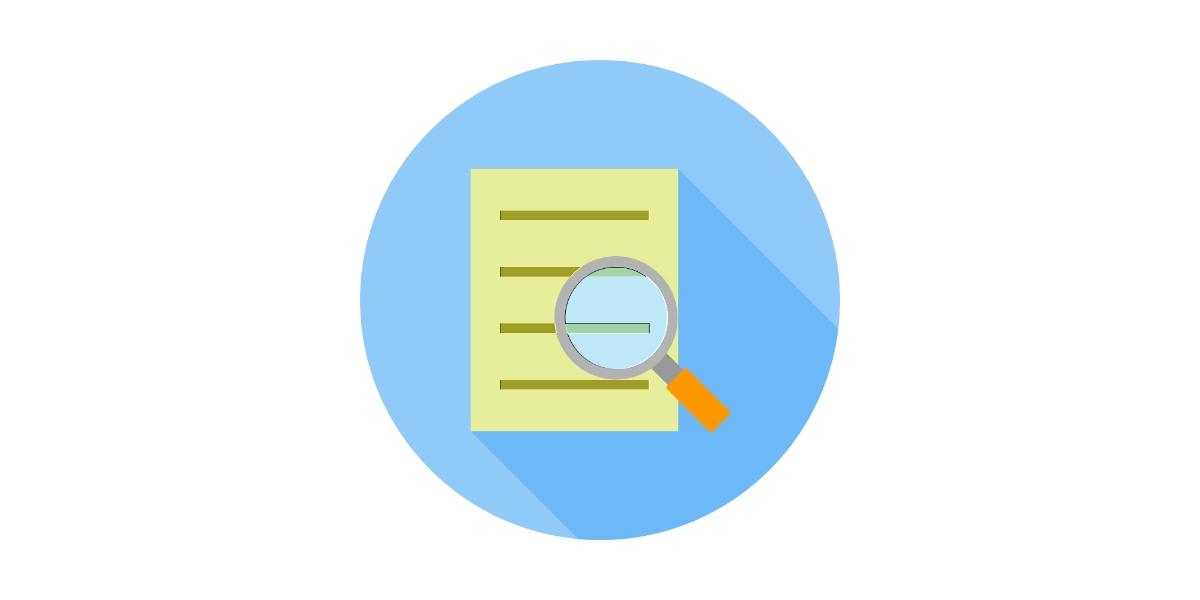
The most important thing a home page can deliver is a clear understanding of what a brand is and should do. This usually begins with a small description which then expands into a detailed thing as more and more visitors scroll a page.
The homepage must answer basic questions asked by a new visitor including someone who has only just learned the existence of a new business. It is necessary to consider elements such as testimonials, ratings, badges, publication features, etc.
The focus should be on answering the basic questions on a homepage so that a new visitor can set off in the right way.
Detailed Design
When the audience comes to a homepage they should leave with a good impression and they must also feel that people stumbled across a business that can take itself and all its clients seriously.
The truth is that customer expectations can grow almost as quickly as technology evolves. It is really not just about the words on a homepage but also about the feel. Design matters and the quicker businesses understand this, the better it will be.
In case the website gives an off vibe then the brand or a business is not developed properly. This way, people are less likely to be around and see what a business has to offer. You must spend the extra money and take less time to make your website feel it is promoting a brand that is worth the time of a visitor.
Seamless Navigation
The homepage must make navigation easy around a website so that the work is done easily and quickly. For instance, the navigation options on a website can include About Us, Blogs, Features, Pricing, Main CTA, etc.
The usual navigation elements are mostly based on the kind of business that you do but you must also make sure that the visitors can go wherever they wish to in an easy way.
Why Do Landing Pages Convert More Traffic?
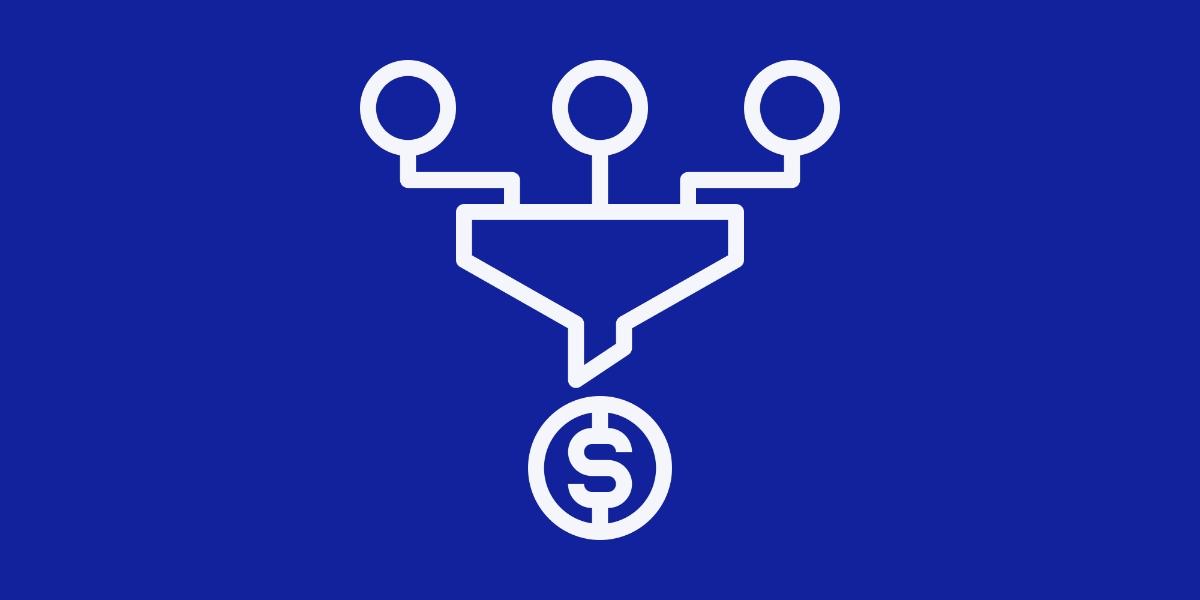
We highlighted above that focus is the key factor in the difference between a homepage and a landing page. However, it is important to note why that focus is important for turning the website traffic into sales, leads, and then customers.
Mostly, a good headline or a well-optimized webpage is not what makes someone click on the “Purchase Now” button. It is the overall experience that matters. From the first ad, social media click to an email, the more customized a landing page is, the more compelling experience will be.
Below mentioned are some of the things that must be remembered while streamlining the landing pages.
Fewer Distractions
Unlike the home page, the landing page cannot afford to distract the audience. In-home pages, elements such as website navigation, information unrelated to an offer, extra links and different call-to-action can encourage exploration which also attracts attention and diverts it away from the conversion goal.
At the very least, you will never want to leave things to chance because the visitors will be expected to take any action from all the options. It makes sense to guide the visitors directly to the offer with an easy-to-navigate page.
Customized Experience
One of the evident differences between a landing page and a home page is the ability to completely customize an experience from an ad, conversion and then click through. The necessary focus is on a really granular level down to the last pixel.
Sending people to a landing page is to match an ad, email and social media with targeted messaging, tailored information, and a single call to action. You can use the interest that a user has expressed while giving them the experience and even better the results that come from a click.
The focused and cohesive user experience will not leave any room for any pauses and lesser chances for any distractions so that more opportunities are created to showcase an offer. This way, you can show visitors that you respect their time and attention by giving them just what they want.
All in all, a compelling user experience matters. It adds up to create a more customized and relevant landing page to an ad so that eventually a search engine can reward you with a good score and cost per click.
Audience Targeting
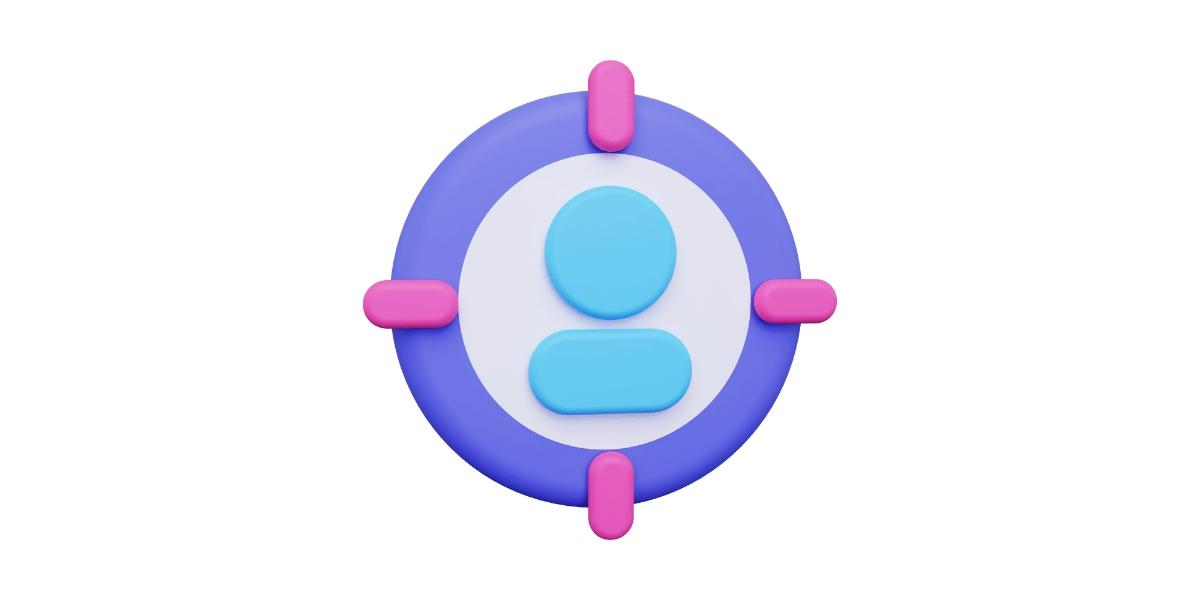
The customized experience offered by a webpage lends itself to a rather precise audience targeting as well. It is easy to duplicate, tweak, and sometimes even test the site for speaking to different members of the audience while making the most out of what is important.
For instance, in case you have created a landing page for promoting a sale then the offer can be dissected further with further segmentation on the basis of age, product type, etc. The major difference between a home page and a landing page usually comes to focus and it is this focus that turns traffic into leads, sales, and customers.
What is a Landing Page?

A landing page is more like a page that the customers come to after they click on an ad. It is a good way to drive more traffic, build more brand awareness, and improve the SEO functions as well. It works as a customer converting into a lead.
In online marketing, landing pages are like standalone web pages that are created for marketing campaigns. This is where a visitor lands after they click on an email link, Google ads, YouTube, Instagram, Twitter, etc. As opposed to web pages that have many goals and also encourage more exploration, the landing pages are created with a clear focus that is known as a call to action.
It is usually this focus that allows the landing pages to increase the conversion rates of a marketing campaign while lowering the cost of acquiring a lead or a sale.
Clear Focus
A single and clear focus is the highlight of a landing page. When the focus is singular and there is a sincere discipline of saying no to other navigation options, the landing page can easily drive high conversions and better results for running meaningful ads.
Much before you create a landing page, you must have a clear answer about why are you building the landing page and what you wish to accomplish by doing it.
Creative Copy
A landing page is successful or fails based on the attractiveness of the copy written on the page. The design definitely matters but the words sell more. You must ensure exceptional sales copy to make your landing pages a success.
In case you are offering your customers something extra then your copy must be written in a way that makes things simple. The more compelling a copy is, the better it will be for your brand.
Attractive CTA
This might seem unimportant but there is evidence the CTAs that do well on the landing pages drive more conversions as compared to CTAs that get missed easily.
It is very important to make sure that the CTA on the landing page is such that it drives traffic instantly. The user should feel like taking action instantly.
Conclusion
A landing page and a home page can be used interchangeably but they are different and they serve different functions. A home page is more like a website’s home. It offers an overall impression and makes it somewhat easy to navigate a website.
On the other hand, a landing page is made to attract a visitor for taking action. It has specific and limited information along with a few links so that the audience does not get distracted. Both the pages are important and they serve functions for a brand.
If a business has to succeed then it is important to understand the functions of both the landing and home pages while focusing on creating them efficiently.
Landing Page Vs Home Page: How is a Landing Page Different from a Homepage? Read More »
Digital Marketing
